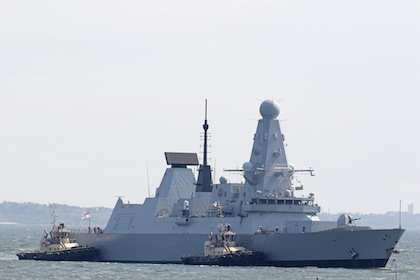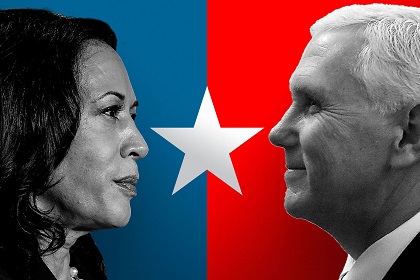Germany must reset the Transatlantic alliance
The most significant international task ahead of Germany’s new three-party ‘traffic light’ coalition is to strengthen the relationship with Europe, reduce the imbalance in the relationship with the U.S. and influence the behaviour of important economic partners, Russia and China.










